Professor Amir Mobarez Parasta, an Iranian-German eye surgeon and head of Munich Eye Center, has dedicated a major part of his life to helping Iranians who lost one or both eyes during the 2022 nationwide protests. After protester were killed and maimed all throughout the “Woman, Life, Freedom” movement, Dr. Parasta and his colleagues in the Munich Circle, a non-profit human rights organization, helped a number of injured protesters seek asylum in Germany on humanitarian grounds. But this is not the whole story.
In Germany, we accompanied Dr. Parasta on a visit to his father’s graveside where he told us about his father, who had died a few months earlier, and his reasons for choosing eye surgery as a profession and as to redeem what he saw as a debt to his family and his country of birth.
Supporting protesters who have suffered eye injuries, and feeling their pain, has given Dr. Parasta a new motive to seek justice for them. He hopes for a day when the culprits of these injuries are put on trial in a just court, and to be able to testify in that court, as an eye doctor and medical expert.
There is no shortage of psychological stress involved. Imagine it: people who have been injured in one or both eyes during the bloody crackdown of protests by the Islamic Republic have now reached Munich in Germany and Dr. Presta's clinic. They pass through the corridor and sit, anxiously, in the waiting room. They anticipate about his diagnosis, sit behind the machine, and are examined. Their whole being turns into their eyes and ears waiting to learn what the doctor has to say.
Will their damaged eye or eyes ever see again? Or will the damaged organs need to be taken out?
In the examination room, this was the first question I asked Dr. Parasta; what happens to his patients? He seemed to feel that saving all lost eyes is now his responsibility. With his own eyes red and a lump in his throat, he paused and said: “It's too hard, but I have to tell them the truth without obfuscation. This kind of injury is not only a physical injury but also a psychological injury, a life injury, because it significantly affects their lives. These people took to the street to save their future and what happened had a very bad effect on their future.”
He took a breath. He spoke about one of the eye injury victims, who dreamed of becoming a pilot, a dream that now cannot come true. “Many of the dreams [of these people] will not come true after what happened to them. But they had not gone to the street to protest just to end up here. They still hope that they can follow their dreams.”
Deliberate, Not Accidental
Government authorities blinding the eyes of protesters is considered mutilation – something that international conventions refer to as a form of torture. Medical documents and analyses by experts in this field are important legal evidence.
Dr. Parasta has reviewed the medical cases of many protesters who have been injured in the eye – both those who are still inside Iran and those who have left their country. Now he tells IranWire confidently that the injuries have not been accidents but the result of deliberate and targeted shootings.
“The state of the injuries shows that [the assailant] made a decision as to which eye to shoot at and sometimes targeted both eyes and has fired twice,” says Dr. Parasta.
Terrorizing people and paralyzing activists are among the goals of targeted shootings at the eyes of protesters. “Many are willing to die but not be blinded,” Dr. Parasta says. “A person who loses both their eyes questions their life. Behind this feeling of depression lies a loss of energy and a loss of the will to live. It means that you have completely paralyzed a person and all members of their family. When [the injured person] cannot have a life, they are paralyzed as well.”
All over the world, when there are anti-government demonstrations, the authorities might use violence and firearms to deal suppress them; but what happened in Iran was a level of brutality and savagery that was unbelievable for many.
“Everywhere in the world, the police may get involved in dealing with demonstrations but, personally, I did not expect that we would reach this level of cruelty in Iran,” says Dr. Parasta. “It started with shooting paintballs, which is an international practice, but then it evolved into shooting metal pellets and bullets that are used in forestry and controlling wildlife. They have used bullets that are used to hunt wild animals.”
“It cannot be denied that paintballs can cause blindness as well,” Dr. Parasta add. “But when we move from paintballs to pellets, blindness is almost inevitable if the eye is hit. When the paintball hits the eye from close range, the eyeball is ruptured, because the paintball is flexible; but when pellets are used, they go through the eyeball and invariably hit the retina and the nerve. As a result, blindness is almost inevitable. [Such eye injuries] often have the same pattern. The cornea and the lens are damaged, and the retina is torn apart.”
The Attempted Assassination of Dr. Parasta’s Brother and His Blindness
But is there another story hidden behind the selfless dedication and work of this doctor?
According to Dr. Parasta, his father, Mohammad Javad, was a lawyer, a religious intellectual and an advisor to a cabinet minister. Before the 1979 Islamic Revolution, he believed he could propose a constitution for Iran that would conform with Islamic tenets. After the Revolution, the Islamic Republican Party asked him work with them as a legal scholar. But Mohammad Javad saw that his idea of Islam in power was different from the goal of Ayatollah Ruhollah Khomeini, founder of this regime, and other members of the Islamic Republican Party. What they wanted was a religious dictatorship that they called Velayat-e Faqih or the “Guardianship of the Islamic Jurist”.
When Mohammad Javad refused to agree with them, he was banned from teaching at the university; when he resorted to printing and distributing statements, the threats over the telephone began. Finally, one morning, an attempt was made on the life Amir Mojahed, Dr. Parasta’s elder brother. The attempted assassination was unsuccessful, but its physical and psychological aftereffects turned the life of the family upside-down.
Dr. Parasta’s older brother, who was 16 years old at the time, was on his way to school and wanted to cross the highway between Tehran and Karaj. A truck without a license plate was waiting in ambush and drove towards him and struck him down. Amir Mojahed fell on the highway. But at that same moment, a certain Colonel Ghavami, who was driving to work, arrived and like an angel of mercy took him to hospital. The doctors took the young man to the ICU and said he might be braindead.
Dr. Parasta’s brother survived – but he did have serious brain and eye injuries. After two months, he was released from the hospital, alive but blind in one eye. He and his father left Iran, seeking further treatment abroad. And then, in September 1980, the eight-year war between Iran and Iraq started. With the emotional and financial support of their mother, the other two brothers left Iran as well, on a plane where all passengers were under 18 years old. The moment that the plane left Iranian airspace, they started congratulating each other, like prisoners who had been released from jail, because they knew that would not be sent to the front and, unlike thousands of other young people, they would not be sacrificed to the autocracy of the despots Ayatollah Khomeini and Saddam Hussein.
“I Will Testify in Court”
The family had difficult years in Germany. They had left their mother back in Iran and the two brothers, one of whom was suffering from the physical disabilities of the injury inflicted on him by the Islamic Republic, lived in a small room and continued their studies. They also had to work to survive, while studying, which made life even more difficult.
Dr. Parasta succeeded in becoming an eye surgeon, one of the most difficult medical fields, and he later founded one of Germany’s most important eye clinics. But he never imagined that the Islamic Republic would once again invade his life in such a manner. Now it was his turn to save his compatriots from the brutality of a government which had never done anything for them except make their lives a living hell. “When I see these people, it is exactly like witnessing my brother’s story, both in the methods used and the damage done to them,” Dr. Parasta says.
With this life experience and his horrifying, firsthand observations of the crimes committed by the Islamic Republic, Dr. Parasta has reached a point where he cannot but add another goal to his mission in life.
“Anywhere in the world where there is an honest legal system, each of these cases [eye injuries] should be dealt with. We have had these cases across the country. It must stop at some point and some day it must be dealt with in court. On that day, you can rest assured that I will be one of the witnesses and, as an expert, I will tell the justice system what I have seen.”
visit the accountability section
In this section of Iran Wire, you can contact the officials and launch your campaign for various problems




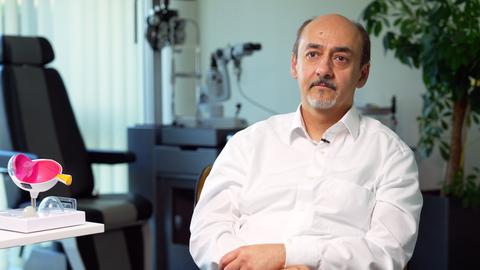
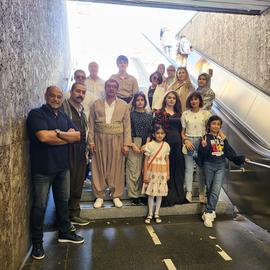
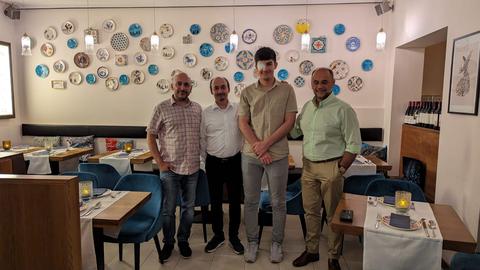
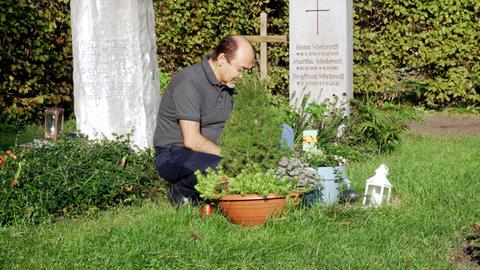

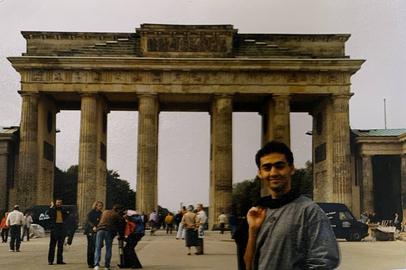
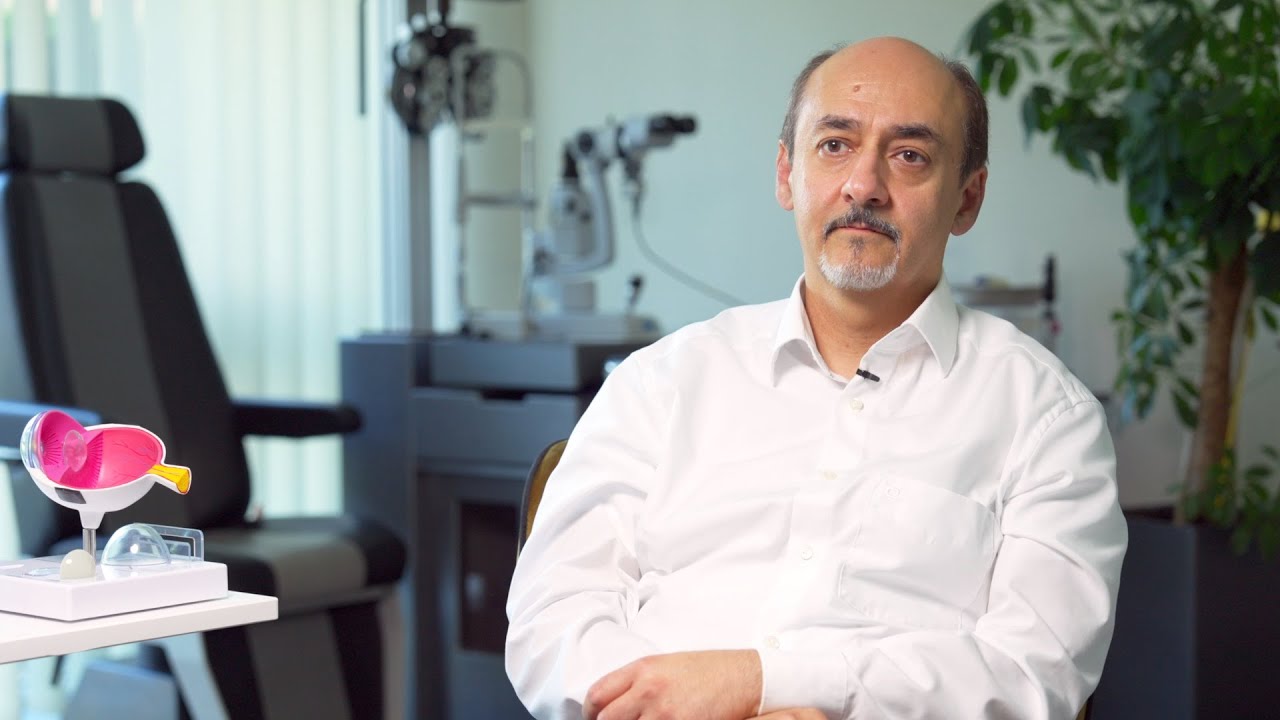





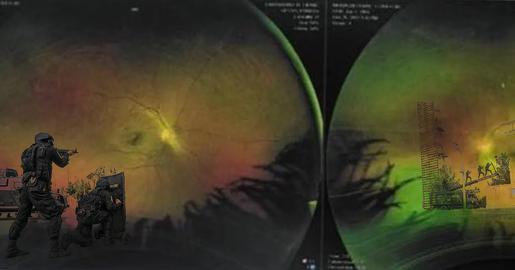
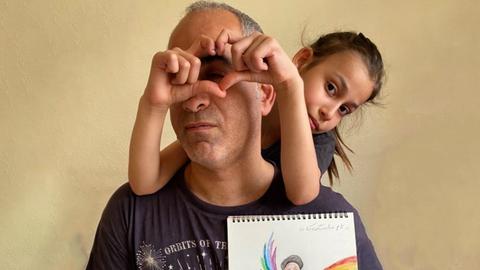



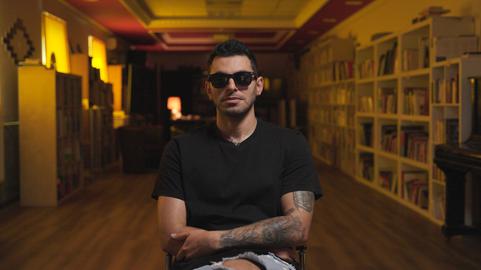



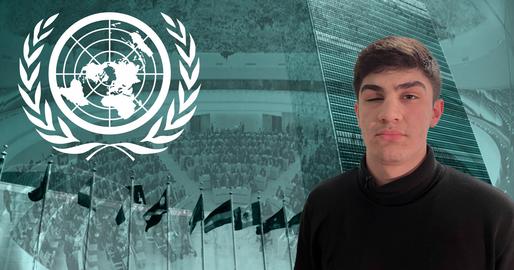



comments